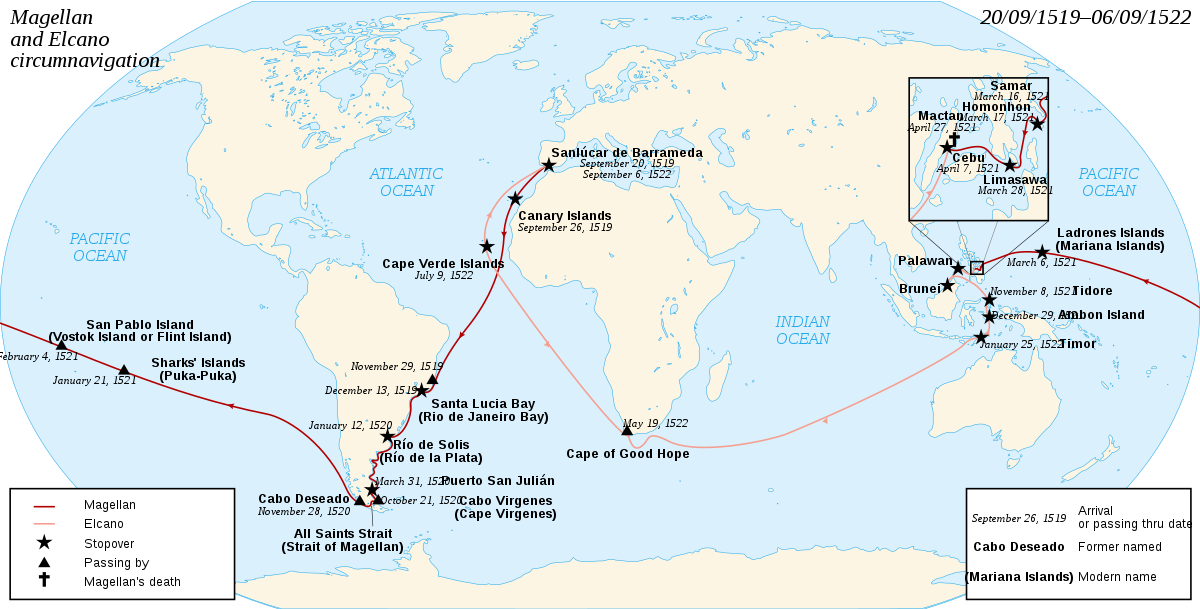Midweek Short: The Magellanic Diaries, 1
To Understand
They begin.
To understand: Magellanic.
According to Merriam Webster, my daily go-to: of, relating to, or characteristic of the Strait of Magellan or that general area of the southern hemisphere.
But this is oddly derivative. Why “of, or relating to”?
Because of Magellan.
More sensibly, then, according to Wiktionary: Of or pertaining to, or named from, Magellan, the navigator.
Though “navigator,” while serving prominently, only partially explains.
Offers, however an anonymous editor at Definitions.net:
Widely traveled, especially in the Southern Hemisphere. Daring and succeeding in an untried quest of global importance or dimension.
Neil Armstrong's voyage to the Moon was more than Magellanic.
Ah. Now we can begin.
We have the Magellanic Penguin, because first identified by Magellan and his crew in what is now called Patagonia.
We have the Magellanic Clouds, two dwarf galaxies visible and noted in the southern celestial hemisphere for centuries and longer before but only first widely …
Keep reading with a 7-day free trial
Subscribe to Homo Vitruvius by A. Jay Adler to keep reading this post and get 7 days of free access to the full post archives.



